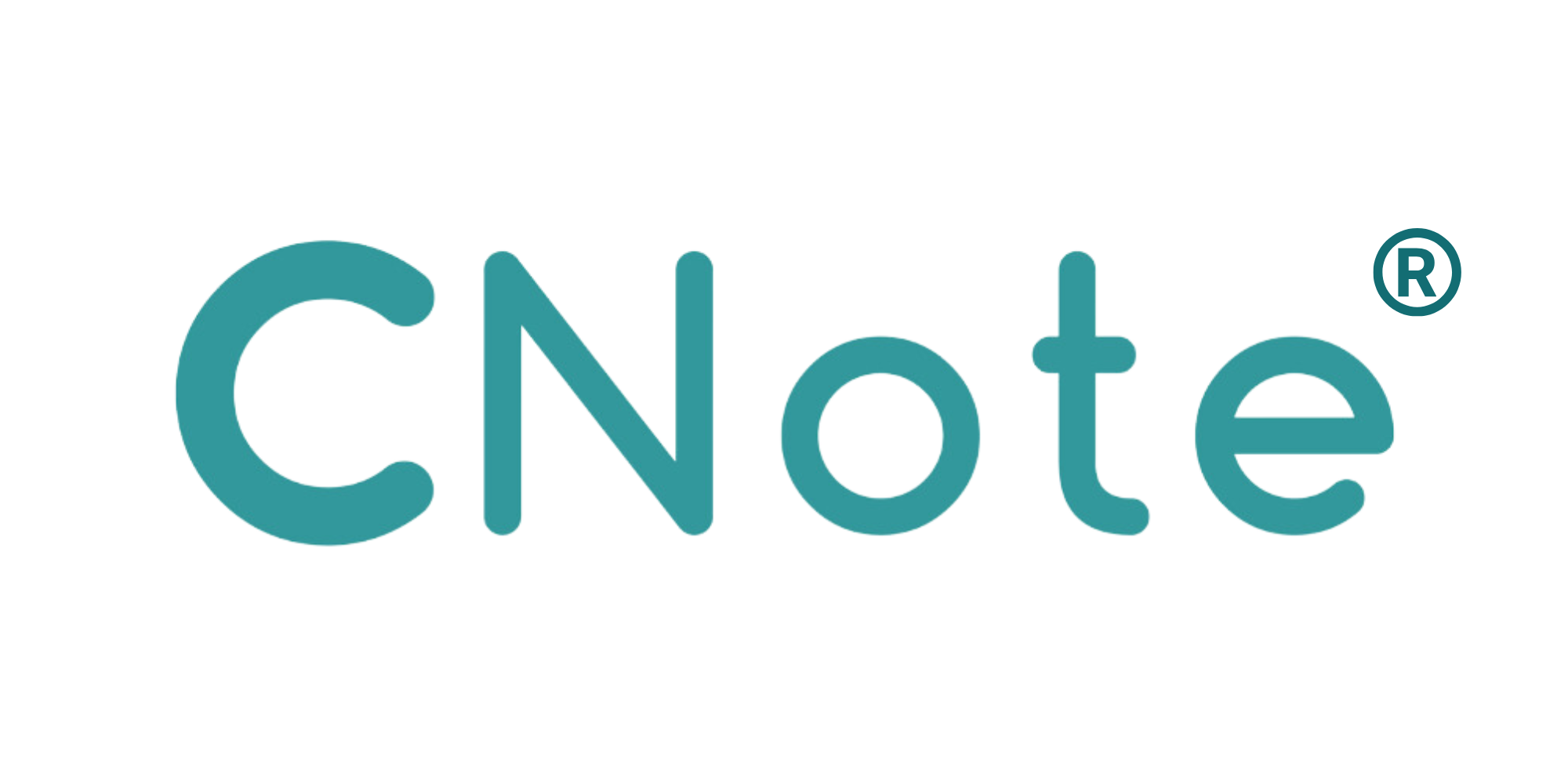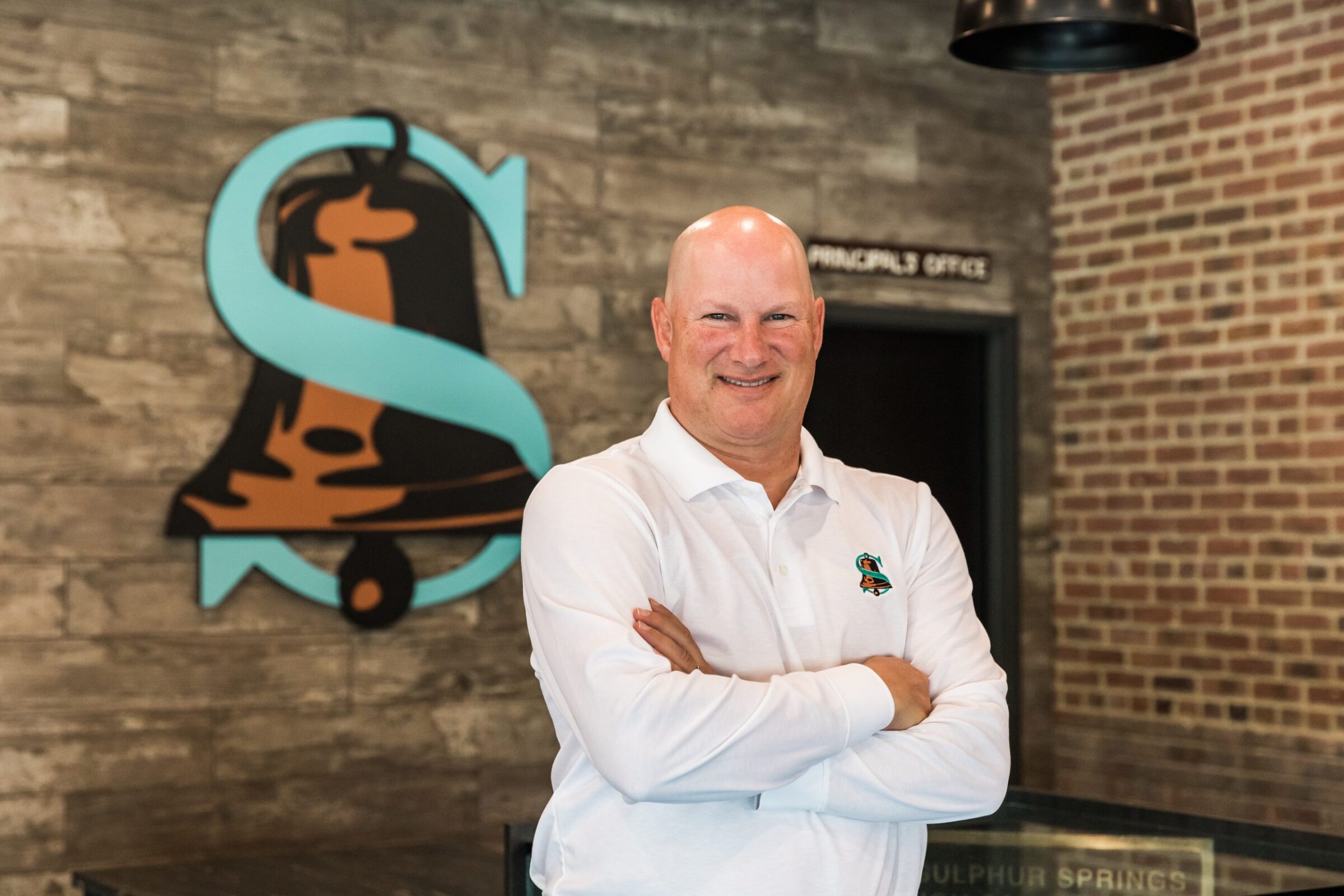Charlie Hammerman didn’t aspire to start his own CDFI; however, since his daughter was born with special needs in 1990, Charlie has wanted to be a change agent. Specifically, Charlie’s been on a professional mission to get people to think about and acknowledge the world that he, his family, and some 20 percent of the United States experience: a world touched by the life of someone with a disability.
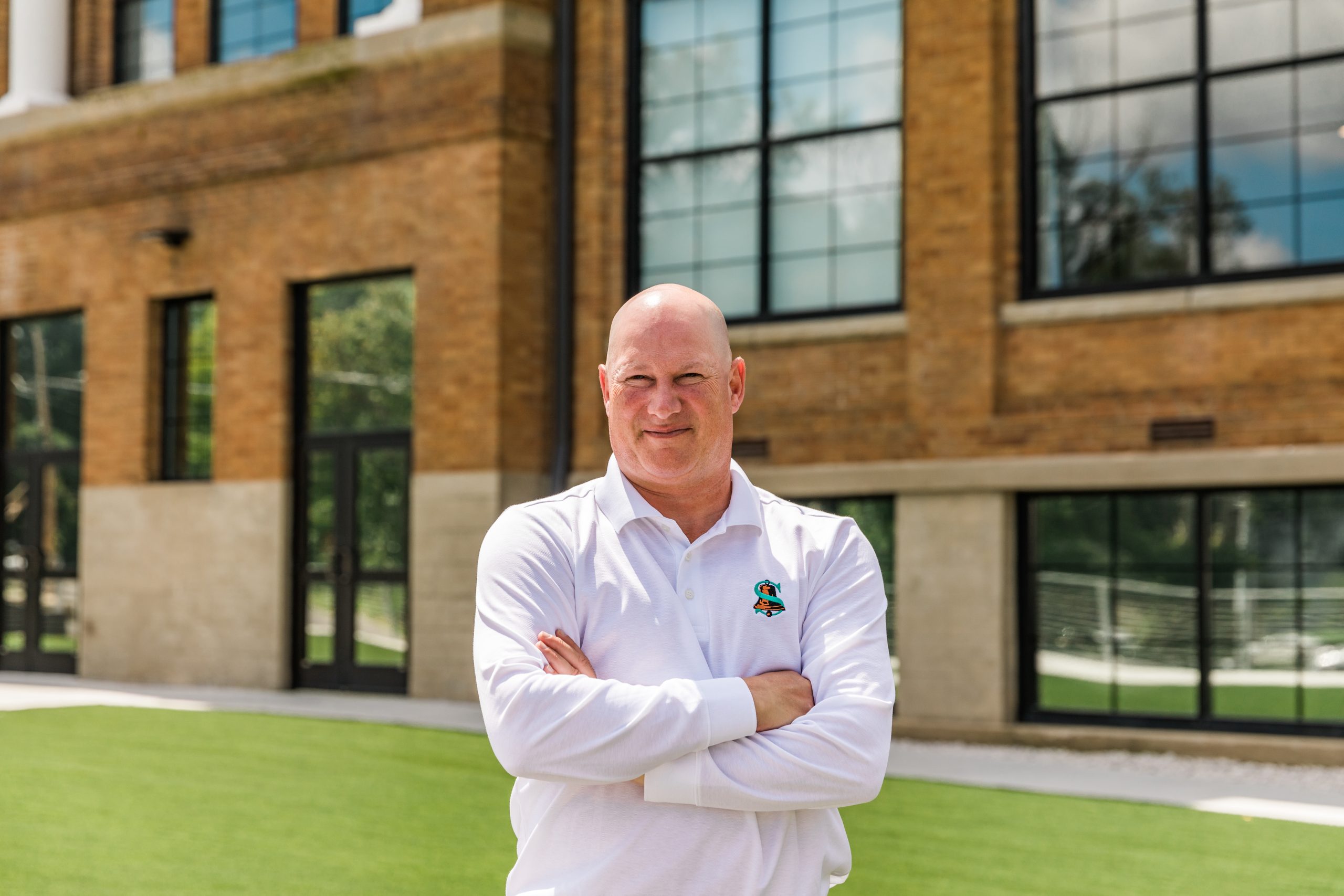
Although Charlie spent time working as a federal prosecutor and later as an in-house attorney on Wall Street, it wasn’t until his career shifted over to the capital markets arena in 1997 that Charlie began to feel like he was in a position to begin to “gently persuade” CEOs and CFOs to look at disabilities as another market for their companies. This included pushing for more representation in companies’ marketing campaigns and more targeted marketing at special needs’ communities. For example, Charlie helped Research in Motion, which was later rebranded to BlackBerry, to realize that its technology would be perfect for the hard-of-hearing and deaf communities, as it provided a means for instant communication. Within six months, the company abandoned its B2B stance and placed an advertisement in a disability magazine. It was Charlie’s first taste of being able to have an effect on mainstream America.
In the early 2000s, those experiences motivated Charlie to want to create a social impact fund on disabilities; however, those three words fell foreign on the ears of his bosses. Despite people’s lack of familiarity with social impact funds, Charlie persisted, and one conversation led to another. Finally, he connected with a colleague who told him about Community Development Financial Institutions (CDFIs). According to Charlie, learning about CDFIs for the first time didn’t so much illuminate what he wanted to do, it shined a light on how he could do it.
In 2005, Charlie left Merrill Lynch to found Syracuse University’s Burton Blatt Institute, an organization to advance civic, economic, and social participation of persons with disabilities in a global society. Two years later, Charlie became the university’s director of CDFI initiatives. At the same time, he received a grant from the Citigroup Foundation to hire a consultant to do a market study to determine what a disability-oriented CDFI might look like.
Once it became clear that (1) there was an available market niche and (2) other CDFIs were excited to welcome a disability-focused peer to the table, Charlie and his wife, Nanci, launched The Disability Opportunity Fund (DOF) in 2008 to provide financing, technical services, and policy advocacy to increase access to appropriate and affordable housing and related services for people with disabilities throughout the United States. “This is an organization that came out of a lot of professional and personal experience,” Charlie said. “We created it to fill a void, and it’s really just grown from there.”
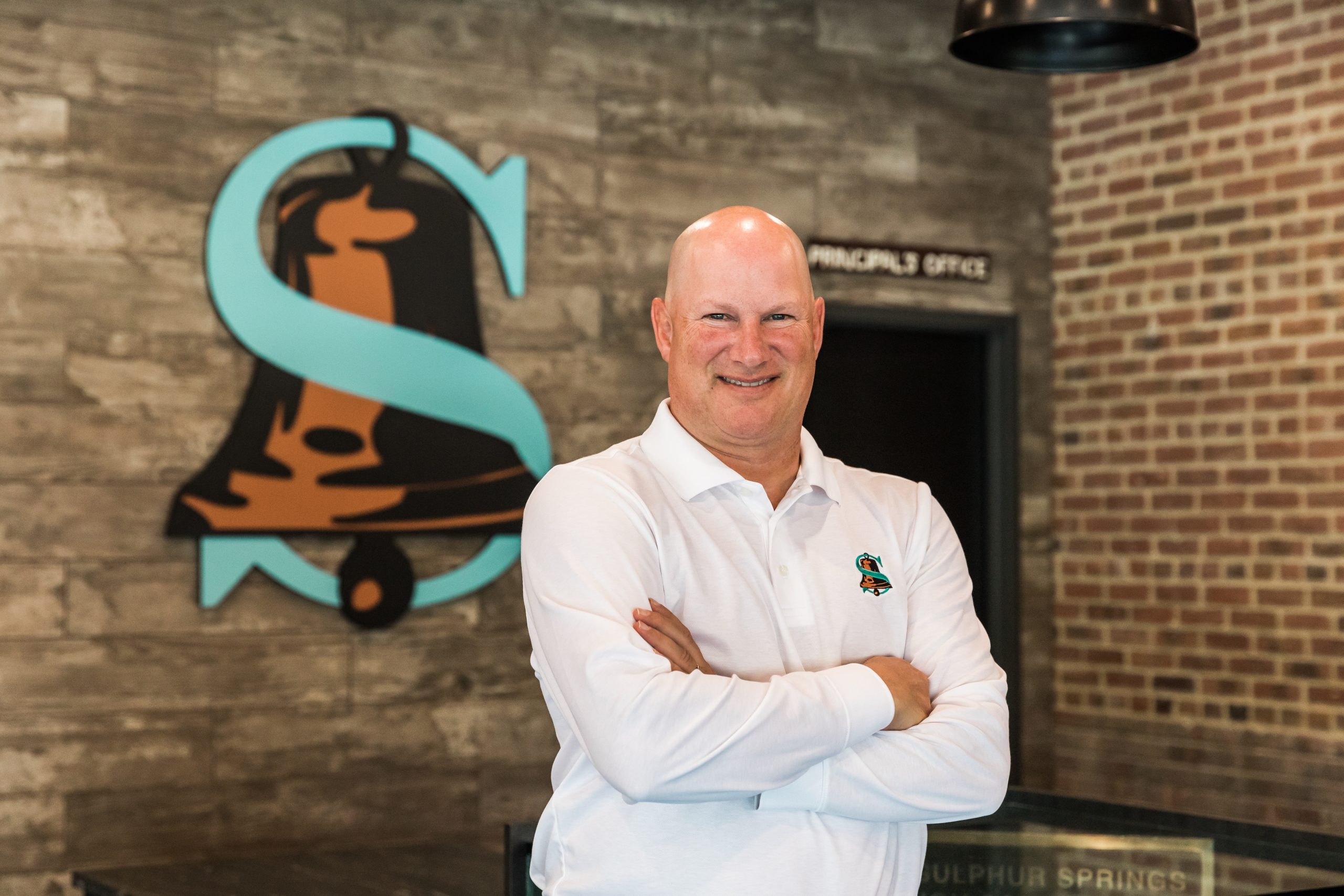
And grown it has. According to Charlie, DOF’s first few years were difficult, especially when it came to fundraising; however, the CDFI has been able to grow its total assets from $390,000 in 2008 to $71.4 million in June 2022. Despite not knowing much about the CDFI industry prior to launching their own CDFI, over the past 16 years, Charlie and Nanci have found ways to expand DOF’s portfolio, work, and team in a way that’s demonstrative of the creativity and community-mindedness that’s often associated with the industry.
‘Something That’s Never Been Done Before’
Since its inception, DOF has been on a mission to reach as many low-income people with disabilities as possible through its lending activities and technical assistance. However, while creating affordable housing units, employment opportunities, and specialized educational programs might seem typical of CDFIs, DOF has established a reputation for itself as being anything but ordinary.
For example, in 2018, DOF got a call that eventually brought Charlie and Nanci to West Virginia for a long weekend. While the scope of the visit was to learn about the needs of the autistic community there, Charlie and Nanci also got a crash course in opioid-use disorder. That eye-opening experience was punctuated by a stop in White Sulphur Springs, where a 2016 flood had essentially wiped out the town. Charlie and Nanci lived through Superstorm Sandy; however, proportionately, White Sulphur Springs’ flood was much worse. In the town of 2,500 people, 14 died in the flash flood, and of the 1,400 single-family homes in the area, 200 were wiped away in a matter of hours. Two years later, the small town’s commercial core continued to mostly sit empty, filled with mold.
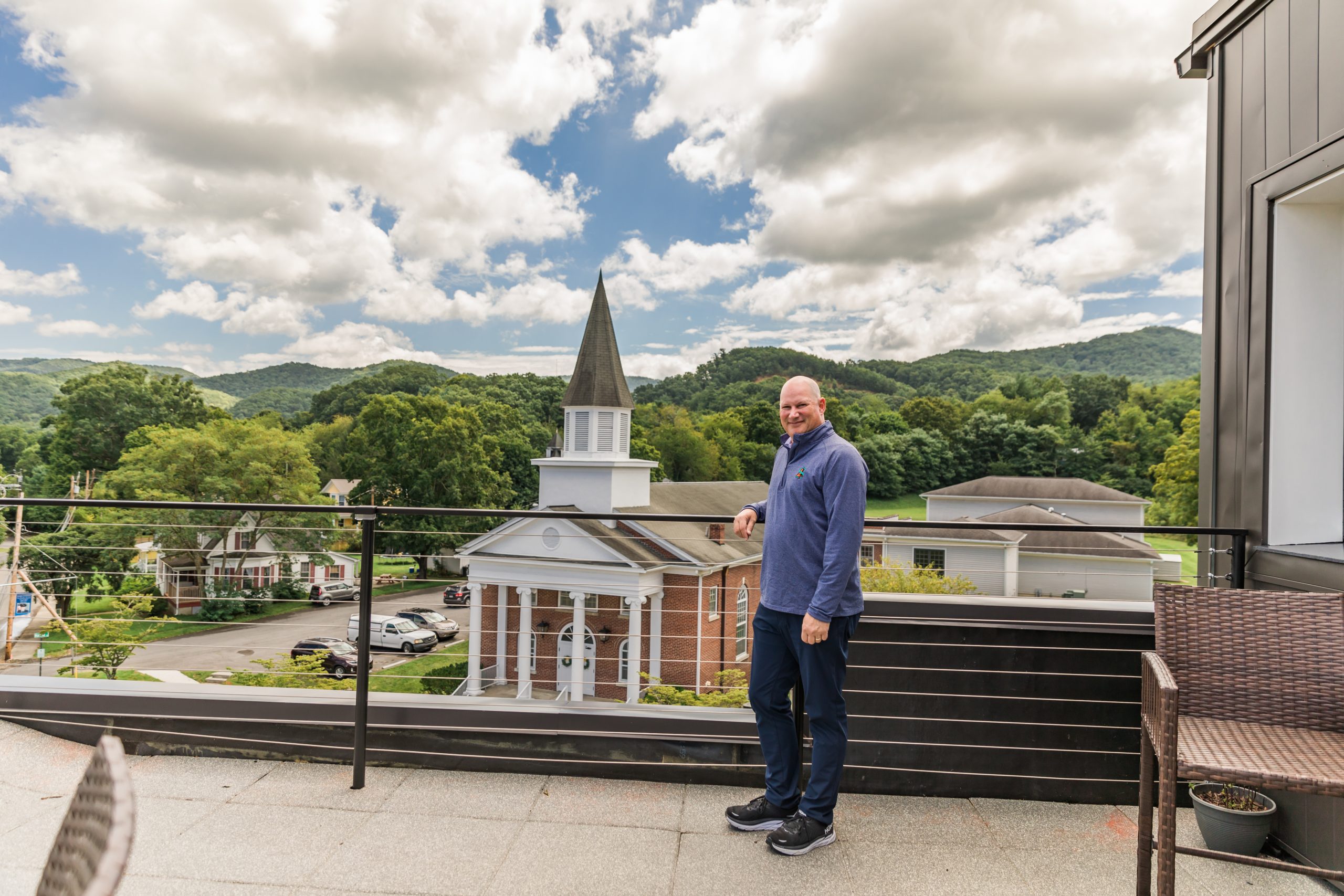
DOF saw an opportunity to get involved. At the end of 2018, the CDFI won a federal economic redevelopment grant through the CDFI Fund. When DOF received the money in early 2019, Charlie and his team didn’t have to think hard about where they wanted to focus their efforts. They returned to White Sulphur Springs, met with a delegation that included elected officials, town elders, and local merchants, and, ultimately, purchased a city block. Over the next three years, DOF gut-renovated the buildings, including 16 apartments, and the CDFI invested in enhancements to make sure that the town center would be prepared for the next 1,000-year flood. When the work was completed, the CDFI rented out the residential units at 50% market value and the commercial spaces at $5 a square foot.
DOF’s efforts in White Sulphur Springs attracted the attention of a local family, who began redeveloping and revitalizing the other side of the street. With the town’s two-block thoroughfare revived, Charlie and his team turned their focus to the lot around the corner, where a 50,000-square-foot former high school that graduated its last class in 1993 sat vacant. After consulting with the local community and doing a needs assessment, DOF paid $1 to have the 110-year-old high school transferred to the CDFI so that DOF could redevelop it into what the community said it needed most: a hotel.
However, Charlie and his team didn’t just want to redevelop the building into any ordinary hotel: DOF wanted to create the world’s first fully accessible hotel. “I said if we’re going to do something like this, then we’re going to do something that’s never been done before,” said Charlie. “Let’s make every room accessible and think about every form of disability so that when you walk inside, you don’t have to worry about anything.”
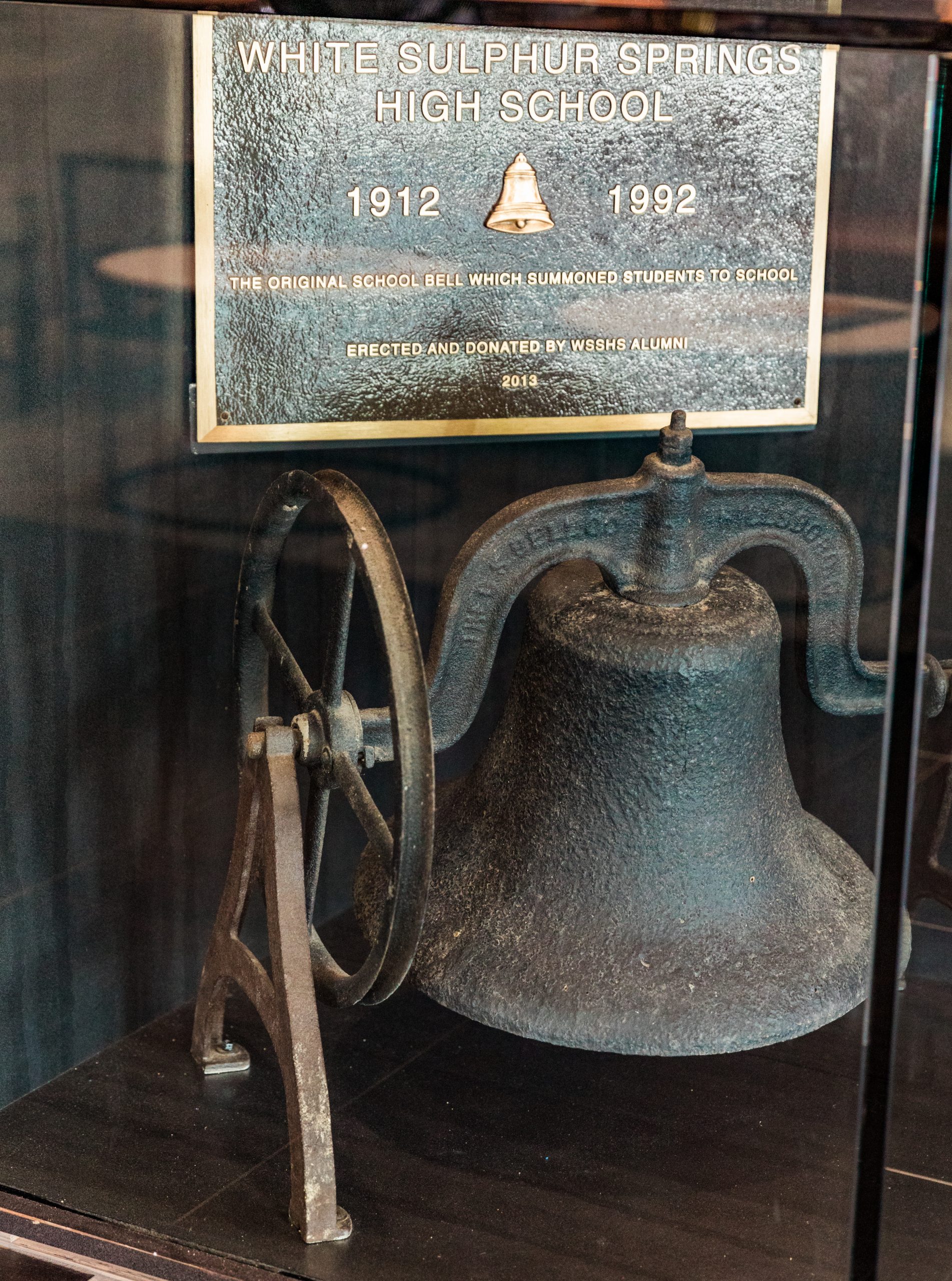
Importantly, despite being the first fully accessible property of its kind, in which the 30 rooms and all public spaces exceed Americans with Disability Act (ADA) standards, DOF didn’t name it The Disability Hotel. Instead, the CDFI cemented the building’s place in White Sulphur Springs’ storied history and called it The Schoolhouse Hotel. Additionally, the CDFI used the hotel to create even more economic opportunity for the local community by incorporating a restaurant and a rooftop bar. Besides catering to tourists, road-weary motorists, and hungry locals, The Schoolhouse Hotel also serves as a space for weddings, conferences, and family-oriented educational events. Today, The Schoolhouse Hotel employs roughly 40 locals, a number of whom either graduated from the high school more than three decades ago or whose parents did. The hotel also participates in various programs to train and hire people with autism, which connects back to what initially brought Charlie and Nanci to West Virginia.

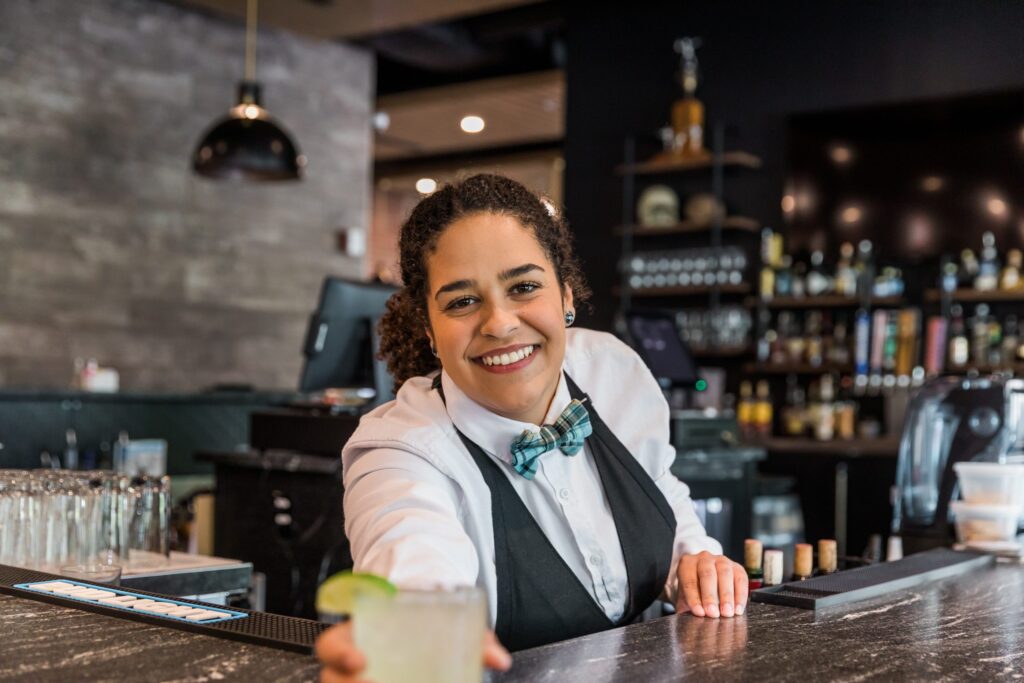
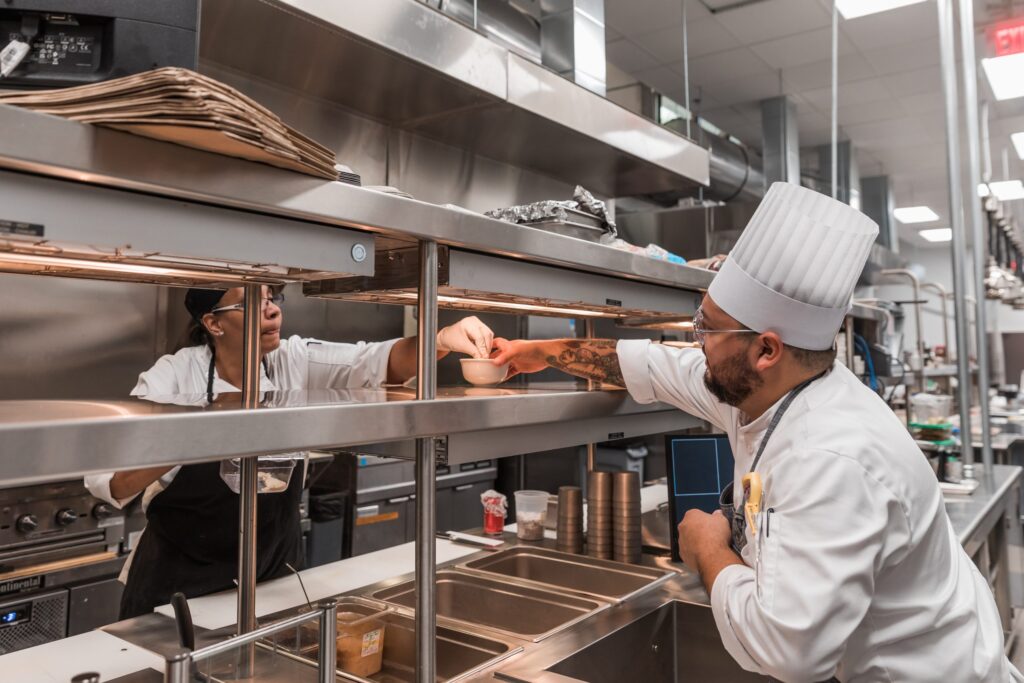
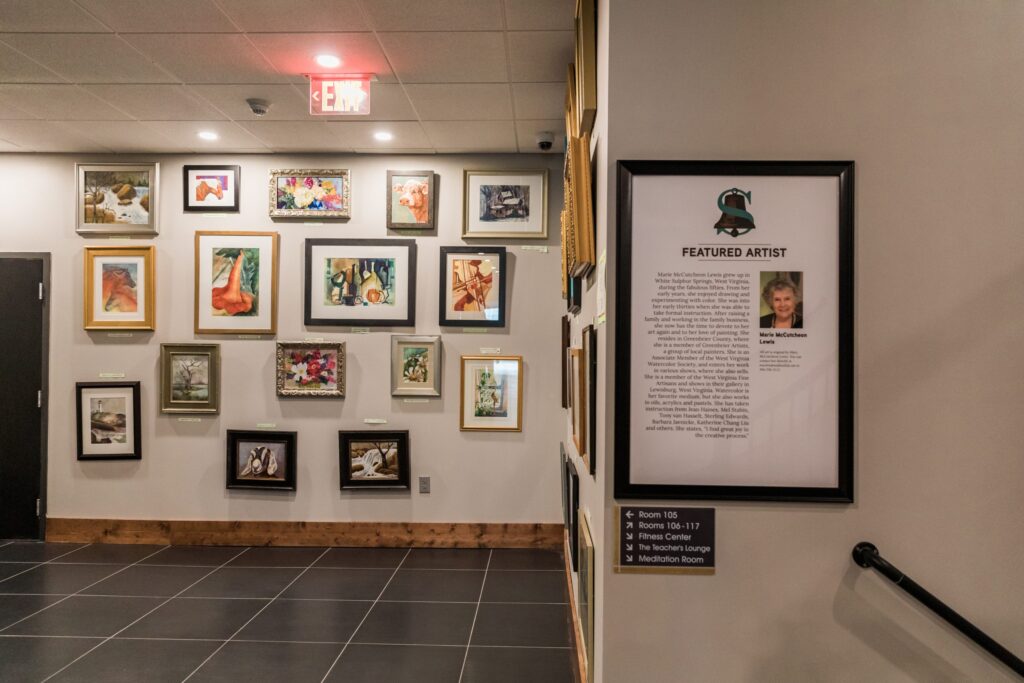
Like all of the loans it has funded in its 16-year history, DOF plans to make sure that The Schoolhouse Hotel will continue to benefit White Sulphur Springs’ community members. As such, even though the CDFI currently owns the building, that won’t always be the case. According to Charlie, he would one day like to turn the hotel back over to the community in some capacity. “This isn’t open-ended,” Charlie said. “As a CDFI, we don’t do 30-year mortgages and we don’t do 15-year mortgages. We do five-year pieces of paper, because the whole idea is to use our money and then to get rid of us so that you can learn how to run that project on your own. Same thing here: the whole idea is to get this back into the local community.”
Netflix, and The Next Generation of Change Agents
In order to make The Schoolhouse Hotel a reality, DOF relied on a combination of grant money and an overall increase in net assets; however, unbeknownst to Charlie and his team at DOF, while they were revitalizing downtown White Sulphur Springs, Netflix was designing a custom note with CNote. In 2021, CNote debuted its customized impact investment offerings to allow enterprises like Netflix to invest in a portfolio of CDFI loan funds selected to meet their impact-aligned goals and to improve their performance on thematic ESG measures. Once its custom note was created, Netflix invested capital in it to support loans for businesses that, among other things, offer direct services and products for disabled populations or that employ disabled populations. Ultimately, one of the CDFIs included in Netflix’s custom note portfolio was DOF, and with Netflix’s investment, DOF was able to complete its work on The Schoolhouse Hotel.
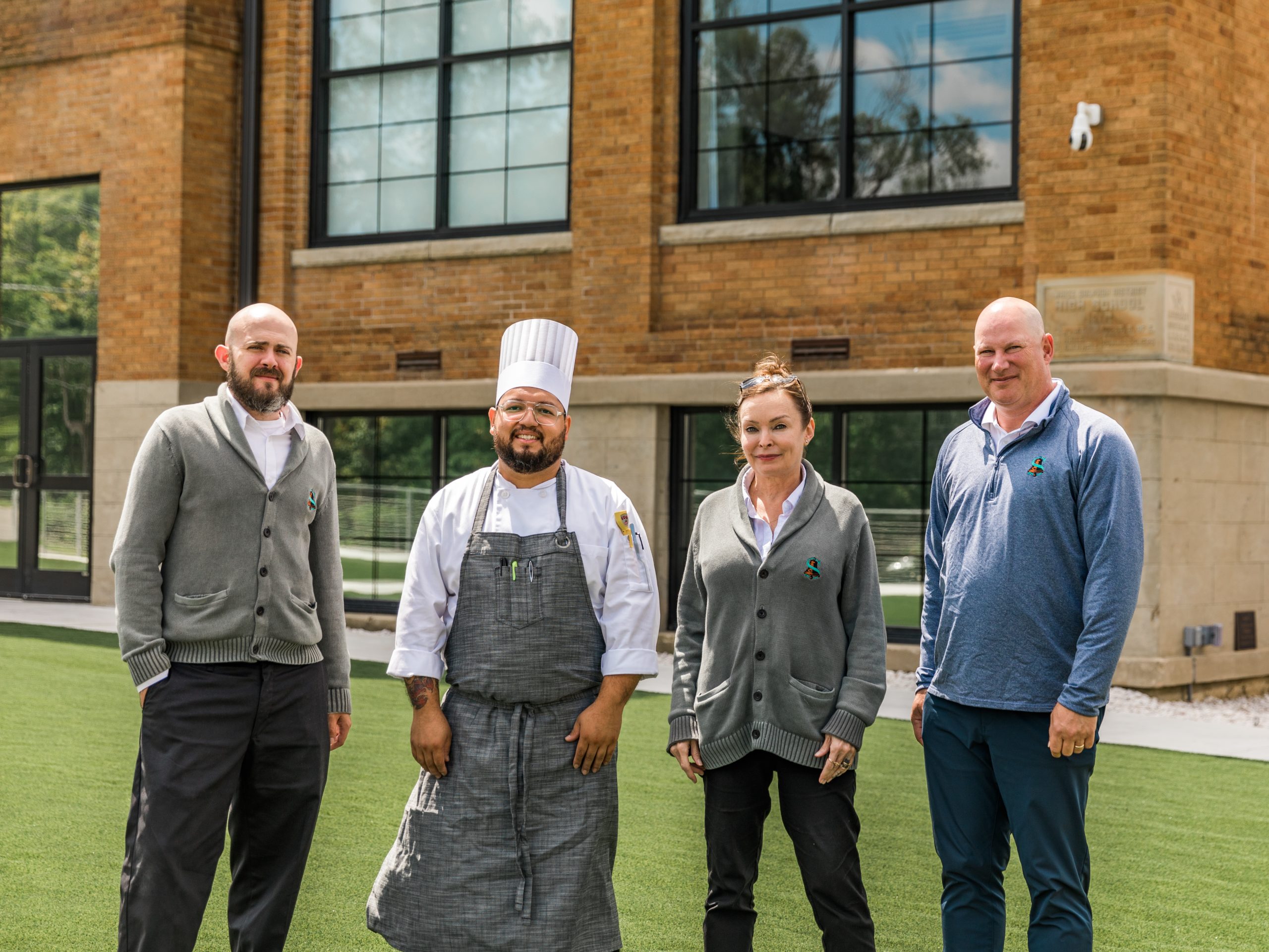
For Charlie, the experience was more than enough to get him excited about what other opportunities might exist when CDFIs like DOF and impact-seeking enterprises like Netflix are able to connect through CNote’s custom notes. “That’s the key point of CDFIs doing the work versus a private equity firm doing the work. In looking at community revitalization, PE firms’ first priority is the financial return of a project. CDFIs are asking, ‘what’s going to make sense for this community?’ We can’t give you a 22% return on your investment like PEs, but we are going to give you a 100% return on impact.”
Going forward, Charlie expects DOF to continue its work toward ensuring that people with disabilities have access to good education, good housing, and good jobs; however, while the CDFI is committed to creative lending and specialized technical assistance, it’s equally committed to recruiting the next generation of changemakers to perpetuate the CDFI’s mission.
Although Charlie jokes that he’d love to go out of business one day, the reality is that no one is going to work harder to support the disabled community through economic redevelopment than DOF, and until the Marriotts, Hyatts, and Hiltons of the world catch on, DOF will continue to use its platform as a CDFI to lead by example and to prove that accessibility is good for business. “Our work will never be done,” he said, “and that’s exciting. Every single day, our job is to provide the technical assistance to try to either change somebody’s life or to change policy. From day one, our job has been to be a change agent. That’s what we’re doing now, and that’s what we’ll continue to do.”
Learn More:
- The Disability Opportunity Fund (DOF) is a community development financial institution (CDFI), launched in April 2007, located in Rockville Centre, New York and operating nationally. They are a 501c(3) tax-exempt organization which provides financing, technical services, and policy advocacy to increase access to appropriate and affordable housing and related services for people with disabilities throughout the United States.
- CNote is a women-led investment platform that empowers individuals and institutions to invest locally to further economic equality, racial justice, gender equity, and address climate change.
